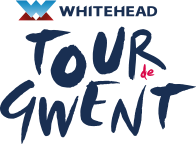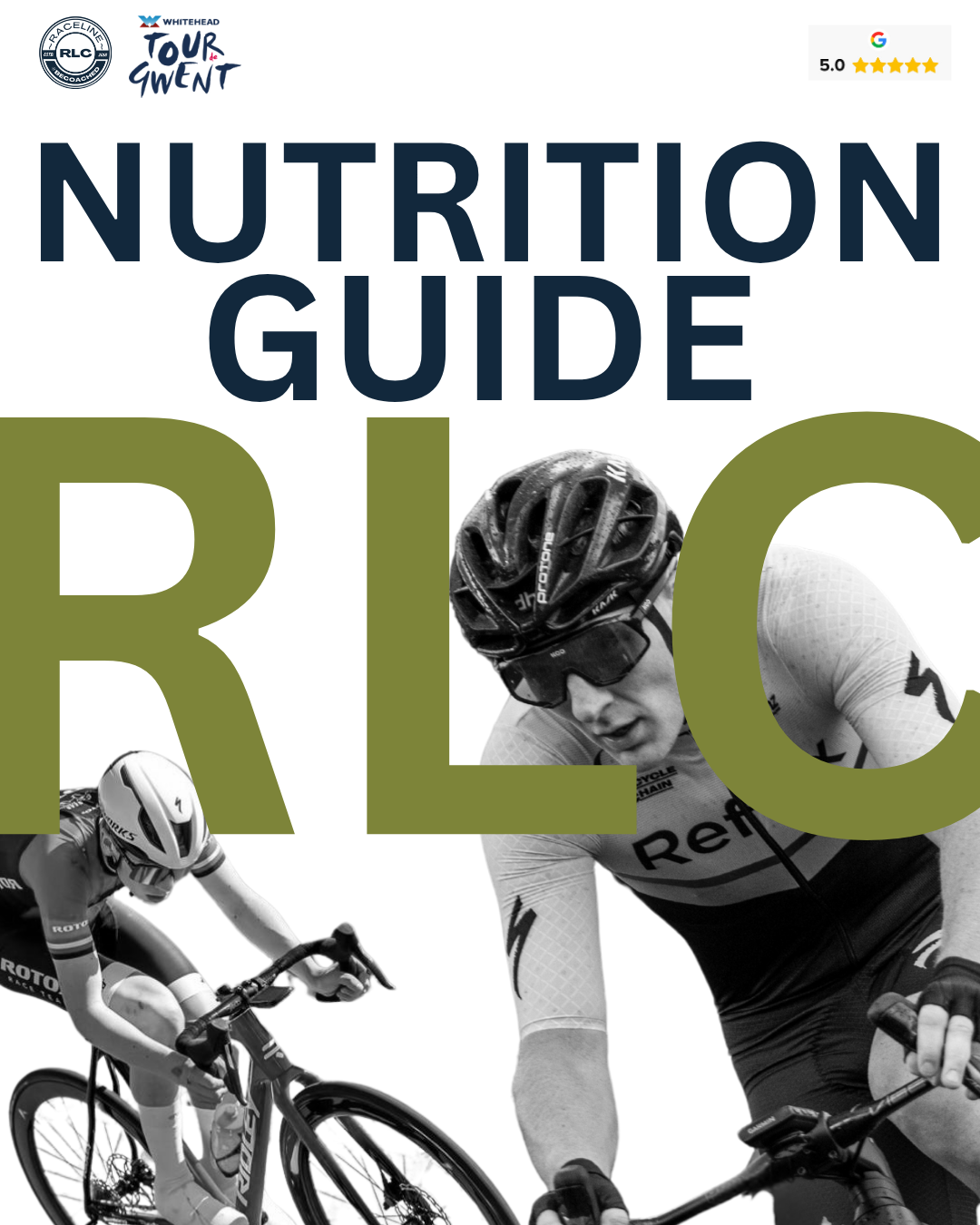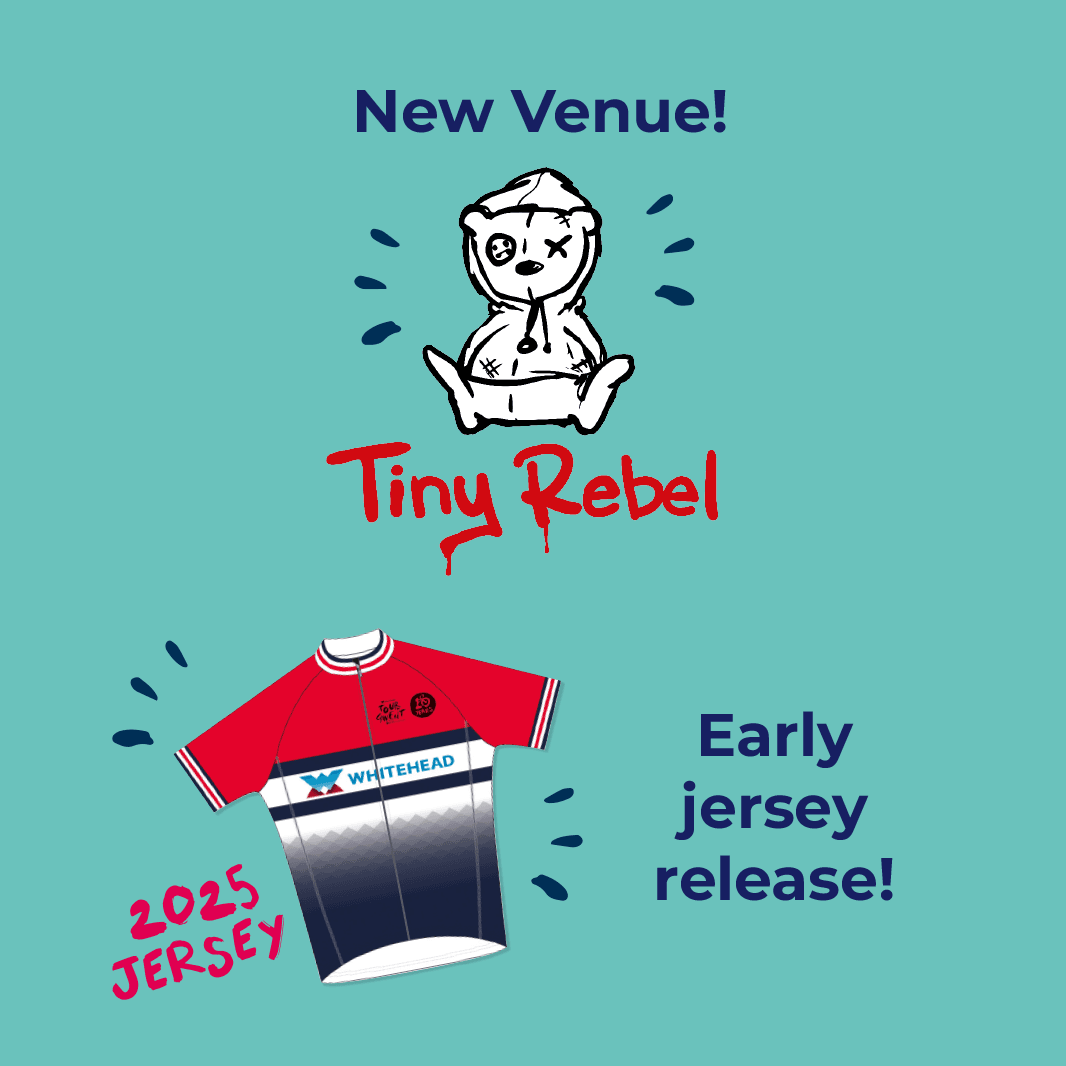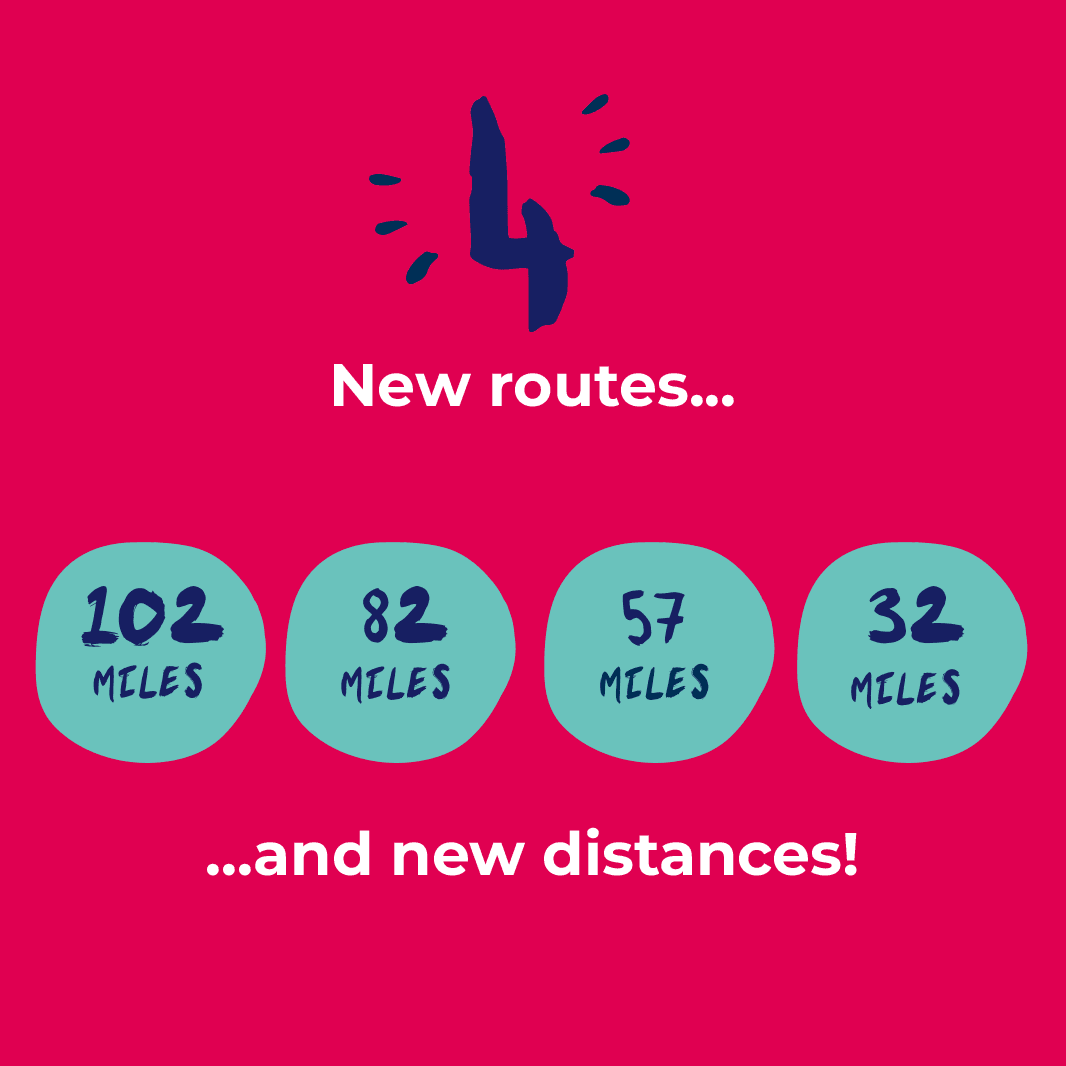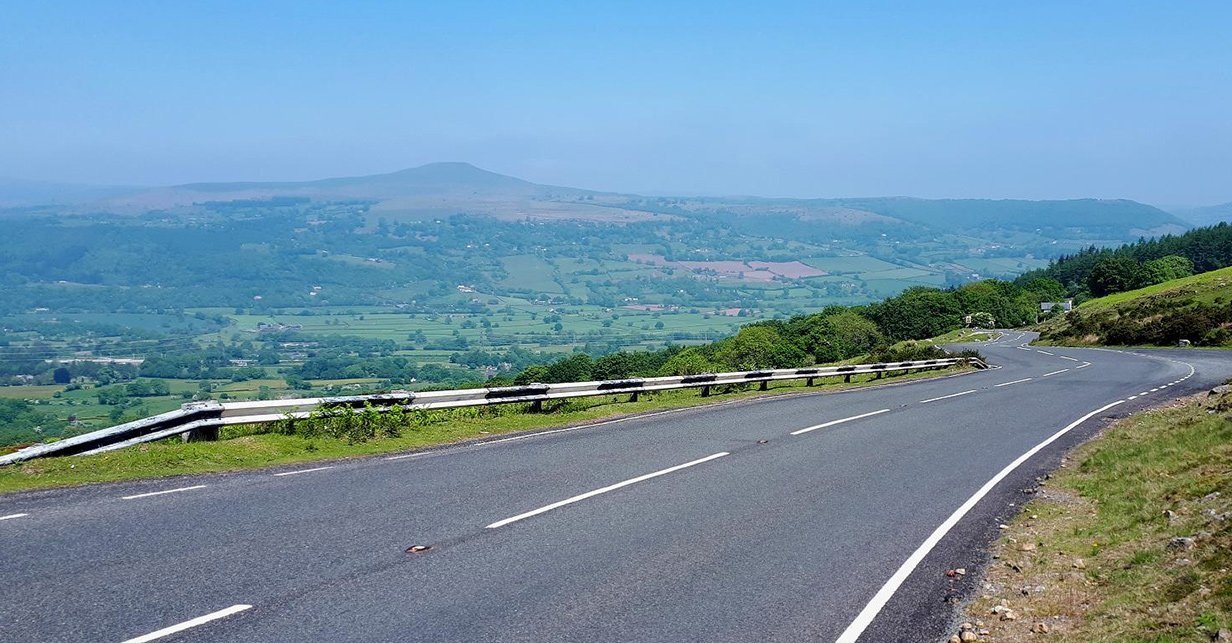
RaceLine Official Training Partner
Preparing for the Tour de Gwent? Proper fueling is key to powering through this challenging ride. In this guide, we break down what to eat before, during, and after the event to keep your energy levels high, prevent fatigue, and boost recovery. Whether you’re a seasoned rider or tackling your first Tour de Gwent, learn the best nutrition strategies to help you perform at your best on race day.
Raceline Coaching x Tour de Gwent: The Official Nutrition Guide
Welcome to the official Raceline Coaching nutrition guide for the Tour de Gwent—South Wales’ premier cycling event, proudly organised by St David’s Hospice Care and sponsored by Whitehead Building Services.
Whether you’re riding the 32-mile Bronze, 57-mile Silver, 82-mile Gold, or 102-mile Platinum route (including the iconic Tumble climb), smart nutrition is essential for a strong, enjoyable day on the bike.
This guide covers what to eat before, during, and after the event, strategies for gut training, hydration, recovery, and a practical meal plan you can actually use.
About the Tour de Gwent
Discover the breathtaking beauty of South Wales with four thoughtfully designed routes for 2025.
Fully supported, with lead and sweeper cyclists on family-friendly routes. Every pedal stroke supports St David’s Hospice Care’s vital work.
Why Nutrition Matters
Cycling for 2 to 6+ hours burns thousands of calories. Even on the Bronze route, poor fueling can lead to fatigue, cramps, GI distress, and dehydration. A proper plan helps you maintain steady energy, feel stronger on climbs, and recover faster.
Part 1: Pre-Ride Nutrition Strategy
48–24 Hours Before: Carb Loading
For any route over ~2 hours, carb loading maximises muscle glycogen. Aim for 7–10 g carbohydrates per kilogram of bodyweight per day.
Emphasise: pasta, rice, potatoes, bread, oats, fruit juice.
Important: Spread this intake over 48 hours, not just at dinner the night before.
The Night Before
Eat a familiar, carb-rich dinner.
Avoid heavy cream sauces or unfamiliar spices if you’re prone to GI issues.
Stick to what you’ve tested in training.
Race Morning Breakfast (2–4 Hours Pre-Start)
Aim for 1–4 g carbohydrates per kg bodyweight. Choose easy-to-digest, lower-fat foods.
Examples:
Porridge with banana and honey
Toast with jam or peanut butter
Rice pudding
Low-fat yoghurt with granola
Diluted juice or sports drink
Hydrate with 400–600 ml of water 2 hours before start.
Part 2: On-the-Bike Fueling Strategy
Carbohydrate Targets
40–60 g carbs per hour for 2–3 hour rides
60–90 g carbs per hour for 4+ hour routes like Gold and Platinum
Common Carb Sources
Gels
Chews
Energy bars
Bananas
Sports drink mixes
Liquid carbs can be easier to consume on climbs like The Tumble.
Hydration Strategy
Aim for 500–750 ml per hour depending on conditions.
Include electrolytes to replace sodium lost in sweat.
In hot weather, increase fluid intake and consider higher-sodium drink mixes.
Gut Training: Avoid Race-Day Surprises
If you’re not used to eating 60–90 g carbs per hour, practice in training. The gut adapts. Without practice, you risk bloating, cramps, or nausea. Integrate race-day foods on long rides well before the event.
Part 3: Post-Ride Recovery Nutrition
Refueling after the Tour de Gwent supports muscle repair and replenishes glycogen.
Goals in first 30–60 min post-ride:
1–1.2 g carbs per kg bodyweight
20–30 g protein
Fluids and electrolytes
Examples:
Recovery shake with 60–80 g carbs and 20 g protein
Large sandwich with lean protein and fruit
Rice bowl with chicken and vegetables plus a sports drink
Continue eating balanced meals for the next 24 hours to maximise recovery.
Myths and FAQs
Q: Should I try new gels on race day?
A: No. Test everything in training.
Q: Is carb loading only for pros?
A: No. Any ride over 2 hours benefits.
Q: Do I need protein during the ride?
A: Generally no, focus on carbs. Small protein amounts in bars are fine.
Q: What about caffeine?
A: Can improve performance if tolerated. Try it in training first.
Mindset and Practical Tips
Plan your nutrition in advance; don’t leave it to chance.
Pack your ride food the night before.
Label bottles clearly (water vs sports drink).
Set reminders on your bike computer.
Listen to your body but don’t skip eating early.
Final Word
The Tour de Gwent is more than a ride—it’s a community event that supports a vital cause. Whether you’re tackling the Tumble on the Platinum route or enjoying the family-friendly Bronze route, the right fueling plan ensures you can savour every mile.
As the Official Training Partner for the Tour de Gwent, Raceline Coaching is here to help you train smarter, fuel better, and ride your best.
For tailored coaching, personalised nutrition plans, and expert guidance, get in touch with us today.
Let’s make your Tour de Gwent experience the best it can be.

Push your limits, chase your goals, and let Raceline guide you to victory



